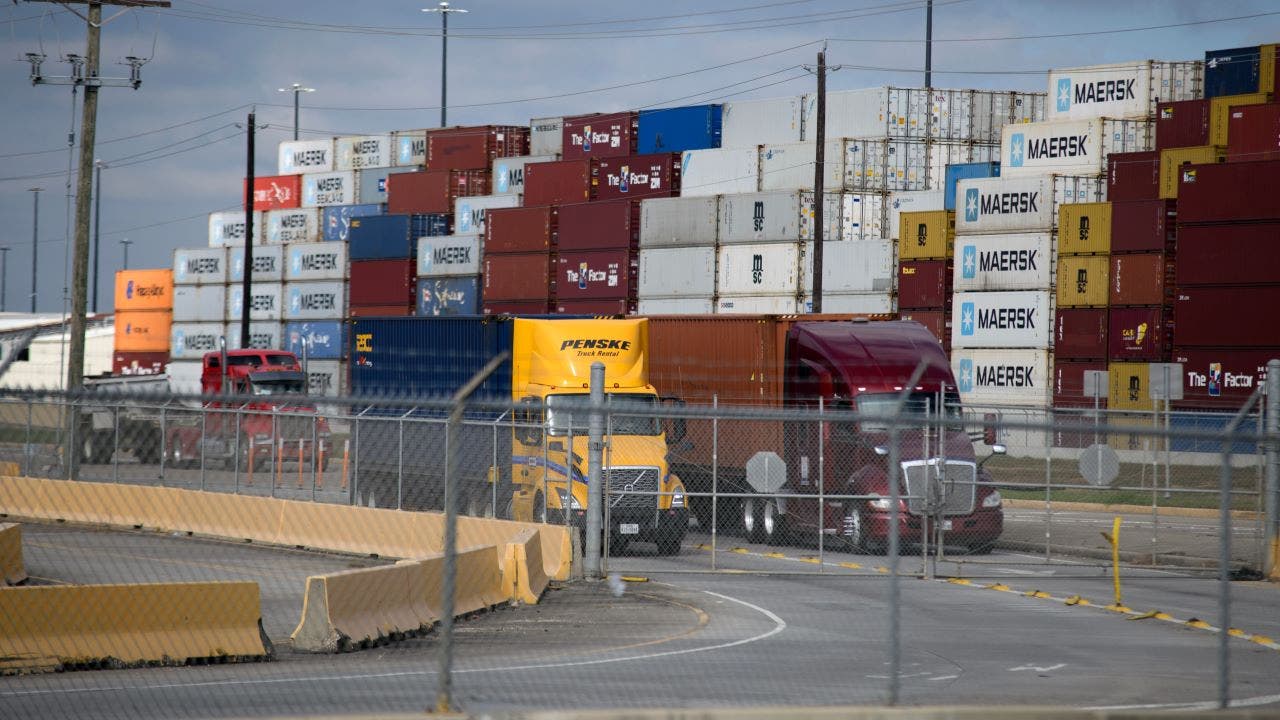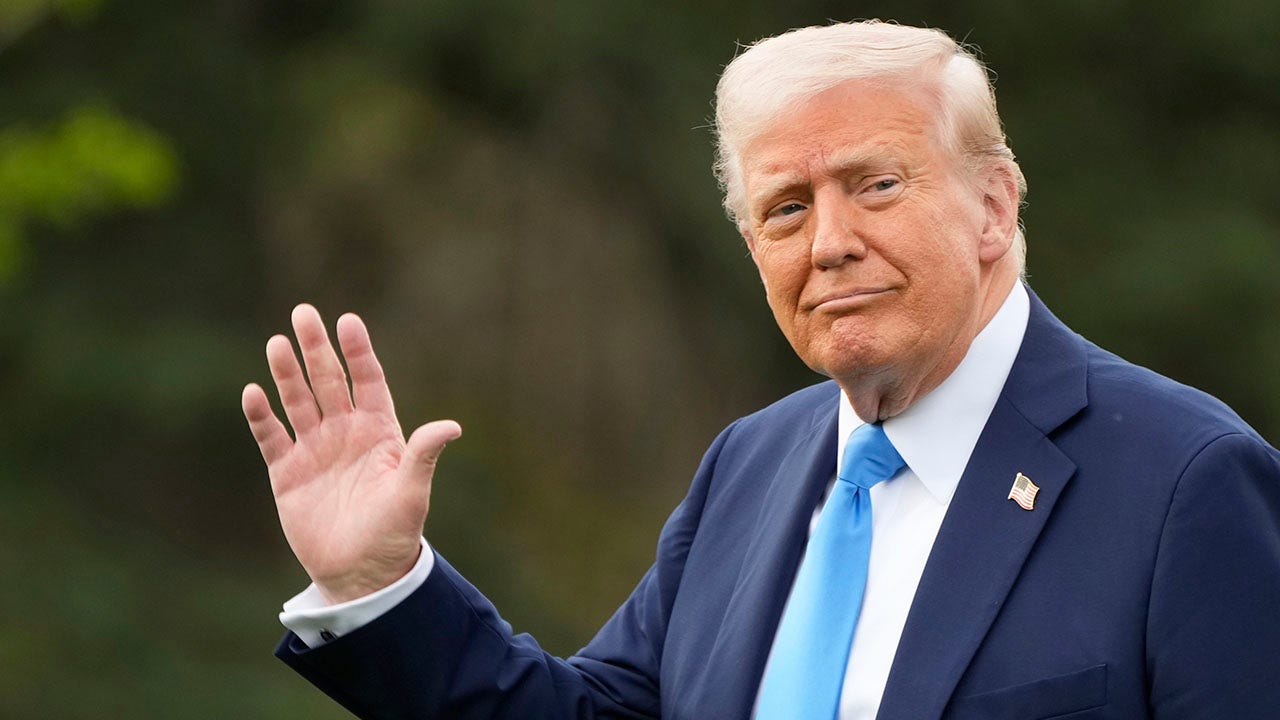There are plenty of economic justifications for placing tariffs on China. But bringing American manufacturing home and rebalancing global trade isn’t just about dollars and cents; it’s about keeping our country safe, our troops ready, and our enemies in check.
As a retired Air Force colonel who’s seen the world’s dangers up close, I’m telling you: we can’t keep outsourcing our strength to a rival power like China. Here’s the unfiltered truth on why tariffs matter for our national security.
China has got us by the throat when it comes to manufacturing military equipment. They’re pumping out everything from the rare earth minerals in our missiles to the chips in our drones, and we’re just handing them the keys to our arsenal.
In 2024, the United States imported $438 billion in goods from China, and they produce around 90 percent of the world’s rare earths. You think that’s an accident? Hell no. That’s a chokehold, and in a fight – whether it’s a Cold War-style standoff or a hot war in the South China Sea – they can squeeze tight. Imagine trying to keep our F-35s in the air or our Navy’s destroyers running without those materials. We’d be grounded faster than a C-130 in a sandstorm.
That’s not even to mention semiconductors. Those little chips are the lifeblood of modern warfare – critical for guidance systems, comms, you name it. China has a big slice of that pie, and we saw in 2021 how a chip shortage nearly ground this country to a halt. Ford couldn’t even get enough F-150s out the door. Now imagine how quickly every fighter jet, tank, or missile system could be rendered useless.
In a conflict, China could instantly turn off the tap of dozens of materials critical to our military readiness. Our drones go dark, our missiles miss, and our boys and girls in uniform are left swinging in the wind. That’s not just a supply chain hiccup; that’s a national security disaster.
Then there’s the medical side. China makes the building blocks for our drugs. COVID-19 showed us what happens when those lines dry up: no masks, no ventilators, no nothing. In a war, you think they’re going to keep shipping us penicillin while we’re lobbing Tomahawks at Beijing? Not a chance. Our troops would be coughing and bleeding without the basics to patch them up. That’s not how you win fights.
So, what’s the fix? Tariffs, and I mean real ones. Slap them on Chinese goods and make it hurt to keep outsourcing our future.
This strategy doesn’t come without risk and perhaps even some short-term pain for consumers (although even Biden’s Treasury Secretary said last year that she doesn’t believe tariffs will “meaningfully” increase prices). But the cost of a flat-screen TV is nothing compared to the cost of losing a war.
Tariffs force companies to think twice about building factories in Shanghai instead of Ohio. They also bring in cash that we can pump into rebuilding our own industrial base. Back in 2018, we hit China with 10-25 percent tariffs, and guess what? Some folks started looking elsewhere for their widgets. It’s a start, but we must keep the pressure on.
To be sure, tariffs alone aren’t enough. The United States must bring manufacturing home. This is about owning our destiny. During World War II, we were the Arsenal of Democracy, cranking out tanks and planes faster than the enemy could blink. Today? We’re a shadow of that. Manufacturing is down to 11 percent of our workforce, and we’re begging for scraps from overseas. That is weakness, not strength.
Reshoring fixes three big problems. First, it protects American military tech from Chinese meddling. You hear stories about Chinese electronics with backdoors—think that’s not in our military hardware? I’d bet my pension it is. Build it here, we control the quality, we lock it down tight.
Second, reshoring gives us surge power. Look at Ukraine, burning through shells like there’s no tomorrow. We couldn’t keep up if we tried; our ammo plants are running on fumes. Reshoring steel, chemicals, and electronics means we can crank out what we need when we need it.
Third, reshoring fuels innovation. Our edge is our brainpower – Silicon Valley, DARPA, the works. Keep that close to home, and we’ll keep inventing the next game-changing technology, whether it’s hypersonic missiles or AI.
Long term, bringing our manufacturing sector home is how we stay free. A strong industrial base means we don’t need to beg for parts. It means jobs, money, and the muscle to keep our military the most powerful on the planet. A 2024 study found that reshoring just 10 percent of key industries could add $1 trillion to our economy in ten years. That’s new ships, new jets, new everything. Plus, it tells China we are not scared. They try to lean on us with an embargo, and we’ll just shrug and keep rolling. That’s deterrence, folks—making America’s adversaries think twice before they mess with us.
Sure, it’s not easy. Building factories takes time, money, and grit. We need workers who know their stuff, not just robots. Tariff policies must be smart, not a sledgehammer that ticks off our buddies like Japan or Canada. But the alternative is to keep letting China hold the whip hand. That’s a one-way ticket to second place – or worse.
Trump’s strategy of placing tariffs on China and reshoring our factories is not about politics or pocketbooks – it’s about survival. We can’t fight wars with empty hands, and we sure can’t trust a rival to keep our armory stocked. This is about making sure our troops have what they need, when they need it, no matter what. It’s about keeping America the land of the free, not the land of “please, sir, can you spare a microchip?”
Time to toughen up, bring it home, and show the world we’re still the ones calling the shots.
Rob Maness is a retired Air Force Colonel, a former wing and squadron commander, veteran of the Iraq and Afghanistan wars, a survivor of the 9/11 Pentagon Attack, Graduate of the U.S. Navy War College and Harvard Kennedy School, a former U.S. Senate Candidate, Chairman of GatorPAC, CEO and Owner of Iron Liberty Group LLC, and Host of the Rob Maness Show on WorldViewTube
Read the full article here












